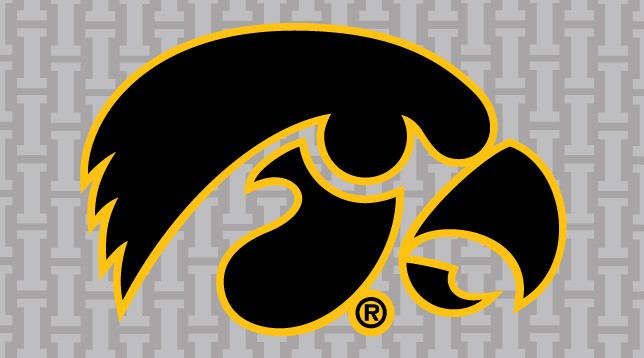An explanation for how and why Kirk Ferentz allowed this controversy to happen
By Pat Harty
IOWA CITY, Iowa – How did this happen?
How did Kirk Ferentz allow his culture to alienate and disenfranchise so many black players?
Was Ferentz aware that it was happening, and turned a blind eye?
Or was he unaware that a culture of racial disparities and bullying had been festering for years?
Either way, it’s not a good look for the 64-year Ferentz, who has seen the world that he once ruled with little scrutiny or resistance turned upside down by numerous allegations of racial disparities by former black players.
Former Iowa strength and conditioning coach Chris Doyle has moved on after having reached a separation agreement, and now we wait for the results from an independent review of the Iowa football program.
But again, how did we get to this sobering point?
I’ve asked that question numerous times since former Iowa center James Daniels launched a movement by bringing attention to what he says are racial disparities within the Iowa football program.
If dealing with a global pandemic wasn’t enough for Kirk Ferentz, he now sees his legacy being questioned due to one of the biggest controversies in program history.
Ferentz’s son, Brian Ferentz, is also at the center of the review due to allegations of verbal abuse made against Iowa’s 37-year old offensive coordinator.
Akum Wadley caused quite a reaction with his powerfully worded commentary on Facebook in which he described his time as an Iowa football player as a nightmare.
The reaction to Wadley’s commentary has been divided with some Iowa fans reluctant to believe him because of what Wadley has said previously about his time at Iowa.
Wadley previously has gushed about his time at Iowa, and did so on social media where numerous fans saw it.
So what has changed?
My answer to that is the circumstances.
Wadley spoke highly about being a Hawkeye while he still was a Hawkeye, and while he still was trying to make an NFL roster.
Kirk Ferentz is highly respected in the NFL, and Wadley probably figured if he had spoken out that NFL executives would’ve believed Ferentz over him, and Wadley is right.
Wadley now has nothing to lose in that regard, so he’s speaking out and has a lot to say.
Whether you believe Wadley is an individual decision.
I believe Wadley for the most part, but I also understand why some would consider his allegations as suspect.
As for Kirk Ferentz, I don’t consider him a racist or a bully, but I think he became too comfortable, too controlling and too trusting of certain people in an environment ruled mostly by white people.
The Iowa roster is traditionally about 65-to-70 percent white, while the University of Iowa is located in a state that is over 95 percent white.
That’s a lot of white.
It’s easy to say now with hindsight, but Kirk Ferentz probably should have seen a red flag, or a warning sign in 2017 when the Iowa Leadership Group consisted of 16 white players and just two black players, including Wadley.
Ferentz’s supporters will say that the Leadership Group is picked by a player vote and that Ferentz has no influence on who the players pick.
And while that might be true, the process of picking the leadership group has been a case of white players empowering white players due mostly to the racial breakdown of the rosters each season.
That suddenly has changed with the 2020 Leadership Group, which has 12 black players among the 21 players selected to the group.
The timing of this dramatic change hardly is a coincidence.
Iowa also has four assistant coaches who are black, (Kelvin Bell, LeVar Woods, Kelton Copeland and Derrick Foster); the new interim strength and conditioning coach is black (Raimond Braithwaite), and the Director of Player Development is black, (Broderick Binns).
So at least on the surface, Kirk Ferentz is trying to be more inclusive and more aware of the black culture.
Many of the former black players have complained about having their identity stripped once they joined the Iowa program.
It was supposedly the Iowa way or the highway, and it was hard for some of the black players to embrace the Iowa way because it was so different than how they were raised.
Many of the black players grew up in areas that were predominantly black, but then after arriving at Iowa they were suddenly the minority for the first time and some felt uncomfortable.
The good news is that these problems have been exposed and are now being addressed.
It could get worse before it gets better, but something as important as racial equality is worth struggling for under any circumstance.



